How can aid workers help war victims without falling prey to, or becoming complicit with, their persecutors?
Humanitarian organisations have an ambiguous relationship with the violence of war. Seeking to relieve its severity, they contribute to its continuation to varying degrees while subjecting themselves to becoming targets. This collection of studies explores the way aid workers attempt to “humanise” war and face the risk of becoming victims of or complicit in the war.
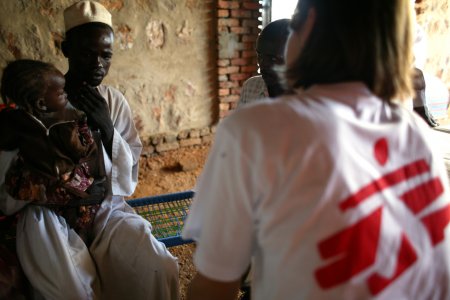 Michael Zumstein
Op-ed
Michael Zumstein
Op-ed
Darfur: Humanitarian Aid Held Hostage
11/03/2006Aid organisations have been held hostage to the showdown between the Sudanese government and the international community.
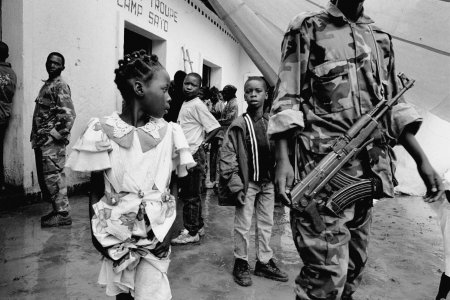 Pep Bonet
Analysis
Pep Bonet
Analysis
Child Soldiers in Africa: A singular Phenomenon?
01/01/2006The much publicized figure of the child soldier in Africa is placed in context in this historiographical survey: the author ties it to the general subject of children in war – which has affected America and Europe at different times – and reveals the necessity of developing a history of child status in Africa.
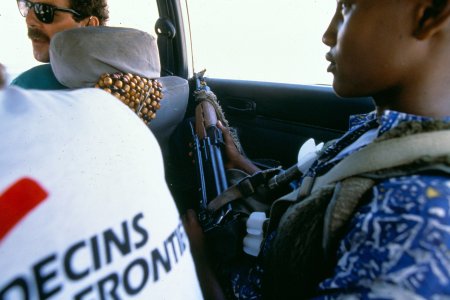 Keith Bernstein
Opinion
Keith Bernstein
Opinion
Military humanitarism: a deadly confusion
08/16/2004Fabrice Weissman reminds us that while the clarity of the humanitarian emblem is no guarantee of absolute safety, it is nevertheless an essential prerequisite to it.
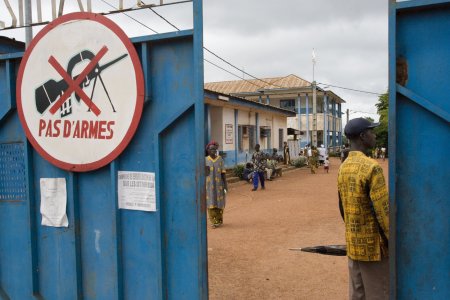 Carl De Keyzer
Analysis
Carl De Keyzer
Analysis
Humanitarian action and military intervention: Temptations and possibilities
04/28/2004Using the example of Liberia, Fabrice Weissman examines the public statements of NGOs and their positions with regard to denunciation and/or calls for international intervention.
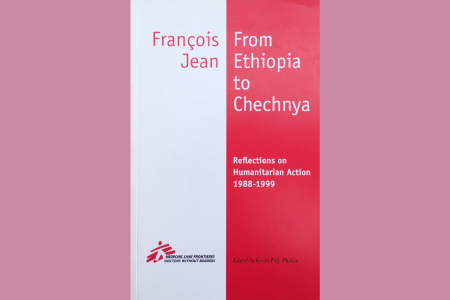 MSF-Crash
Book
MSF-Crash
Book
From Ethiopia to Chechnya
04/01/2004For nearly two decades, François Jean practiced humanitarian action based on a deep, pragmatic desire to understand, constant self-questioning, and broad intellectual curiosity. It will be clear to anyone reading his collected works, From Ethiopia to Chechnya: Reflections on Humanitarian Action, 1988-1999, that his writings resonate with dilemmas we face today.
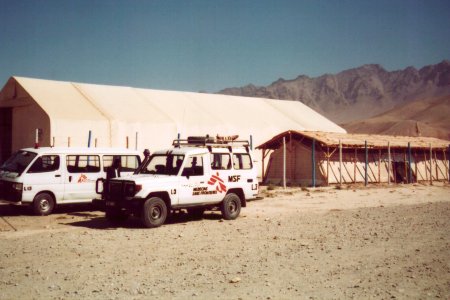 Mehdi Mekroud
Opinion
Mehdi Mekroud
Opinion
Is independent humanitarian action over in Afghanistan?
09/01/2003This article questions the independence of humanitarian action in Afghanistan, at a time when aid initiatives from military forces blurs differences, and when NGOs financed mostly by institutional funding risk becoming mere "implementing partners" of an aid policy driven by a political agenda.
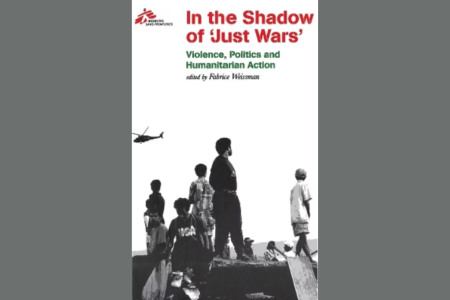 Book
Book
In the Shadow of Just Wars
09/01/2003During the planning stages of military intervention in Iraq, humanitarian organizations were offered U.S. government funds to join the Coalition and operate uneder the umbrella of Operation Iraqi Freedom.
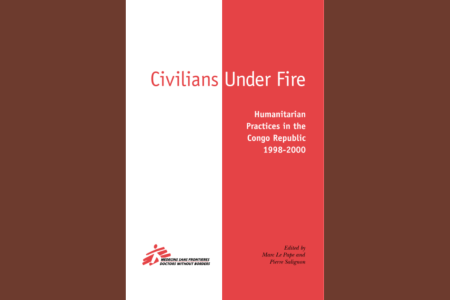 Book
Book
Civilians Under Fire
10/01/2001In the face of violence, how does a medical relief organization react and respond? This book is an account of one experience; it describes and analyzes the characteristics of one intervention: that of Médecins Sans Frontières in Congo Brazzaville in 1998-2000.
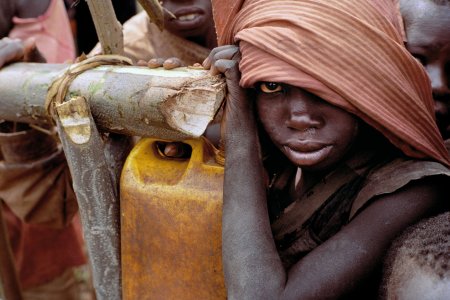 Ian Berry
Analysis
Ian Berry
Analysis
Terror and Impunity in Rwanda
08/01/2000Not having seen the genocidal drift of Hutu Power in 1994 coming, the international community grants Paul Kagame's RPF the impunity of victims. Yet such power also lends itself to criminal acts. The authors express their indignance that NGOs and international organisations - invoking the duty of remembrance - join in the endless evocation of the past that masks the political phenomena at the root of the current violence.
